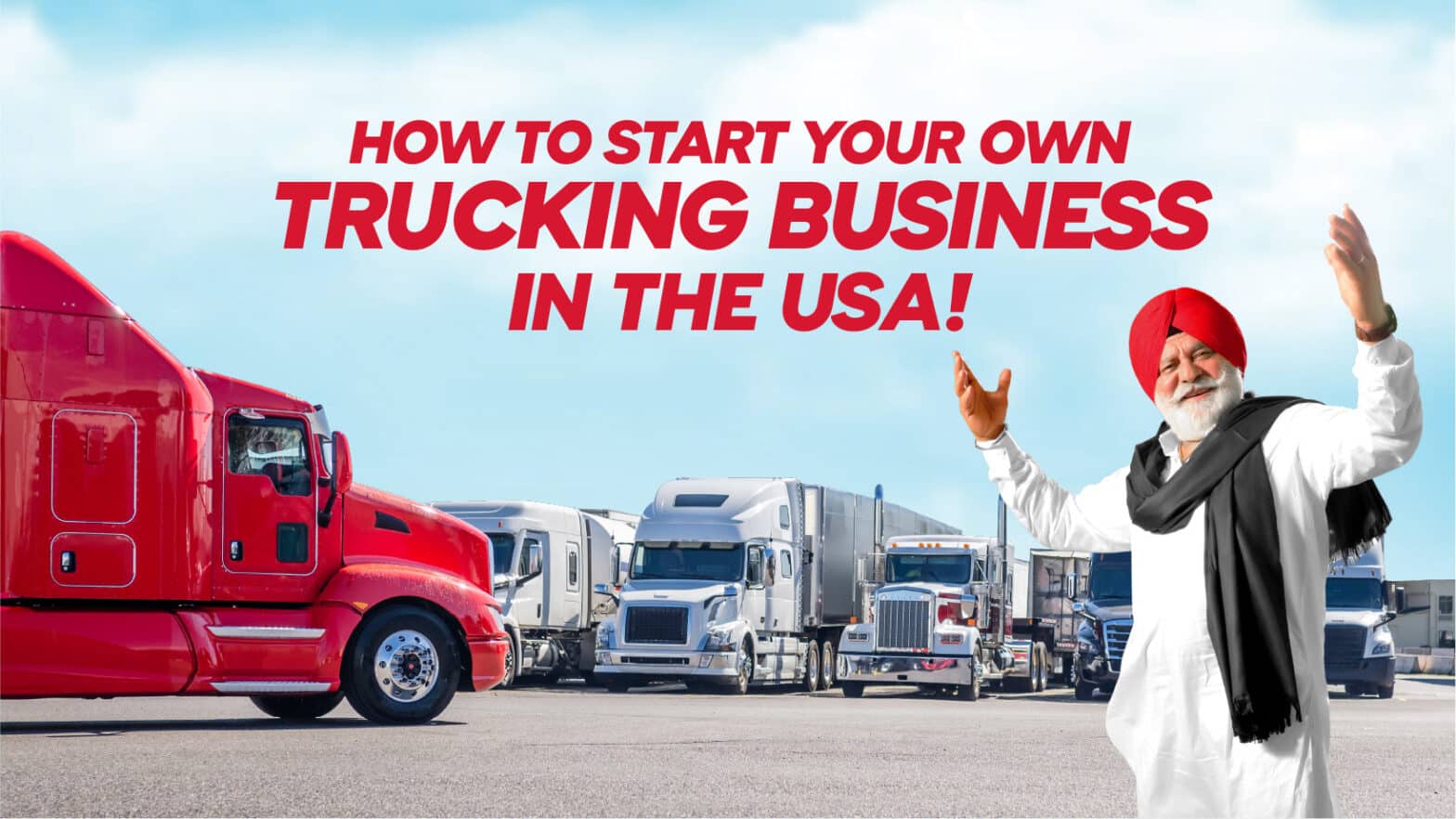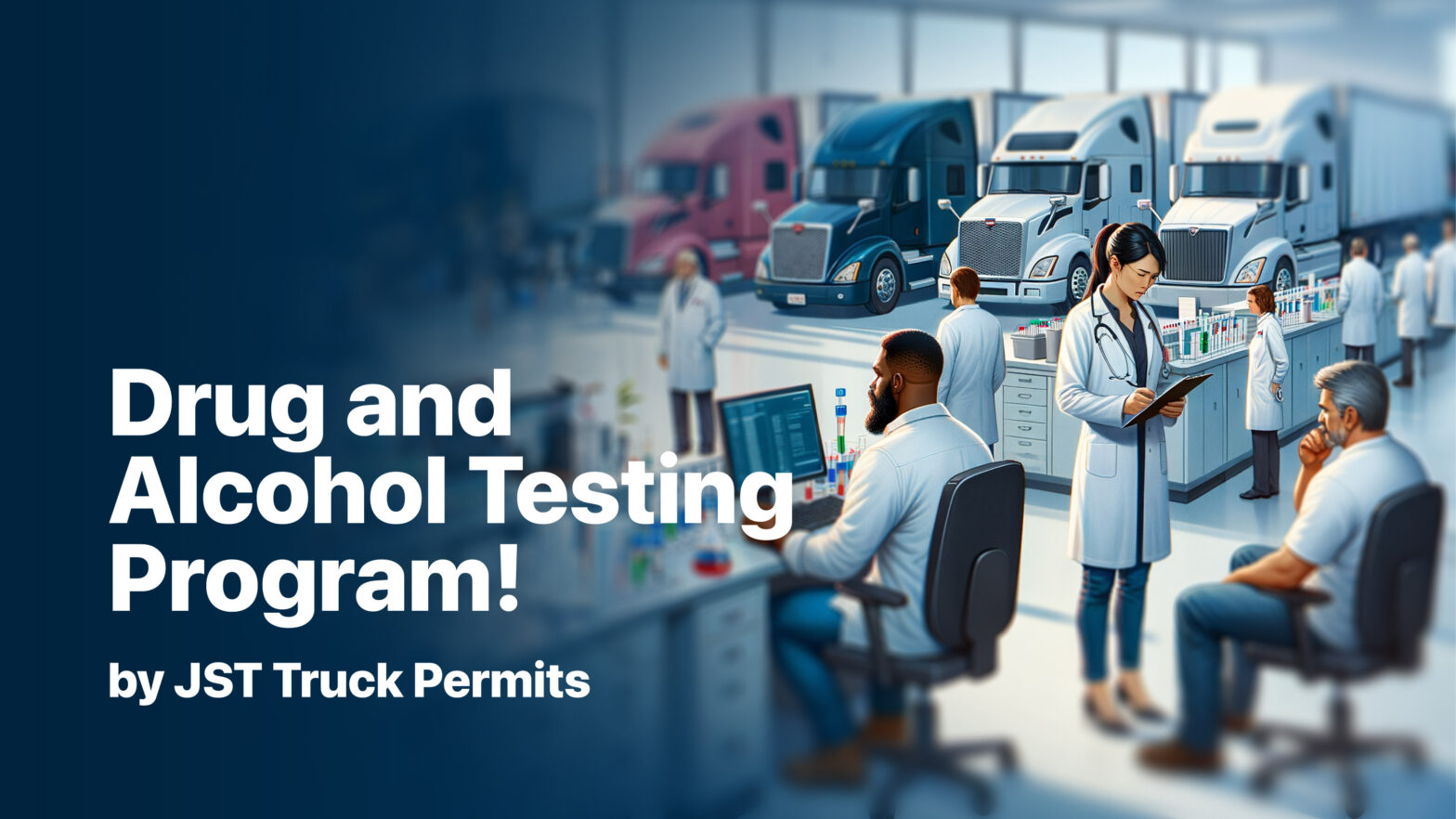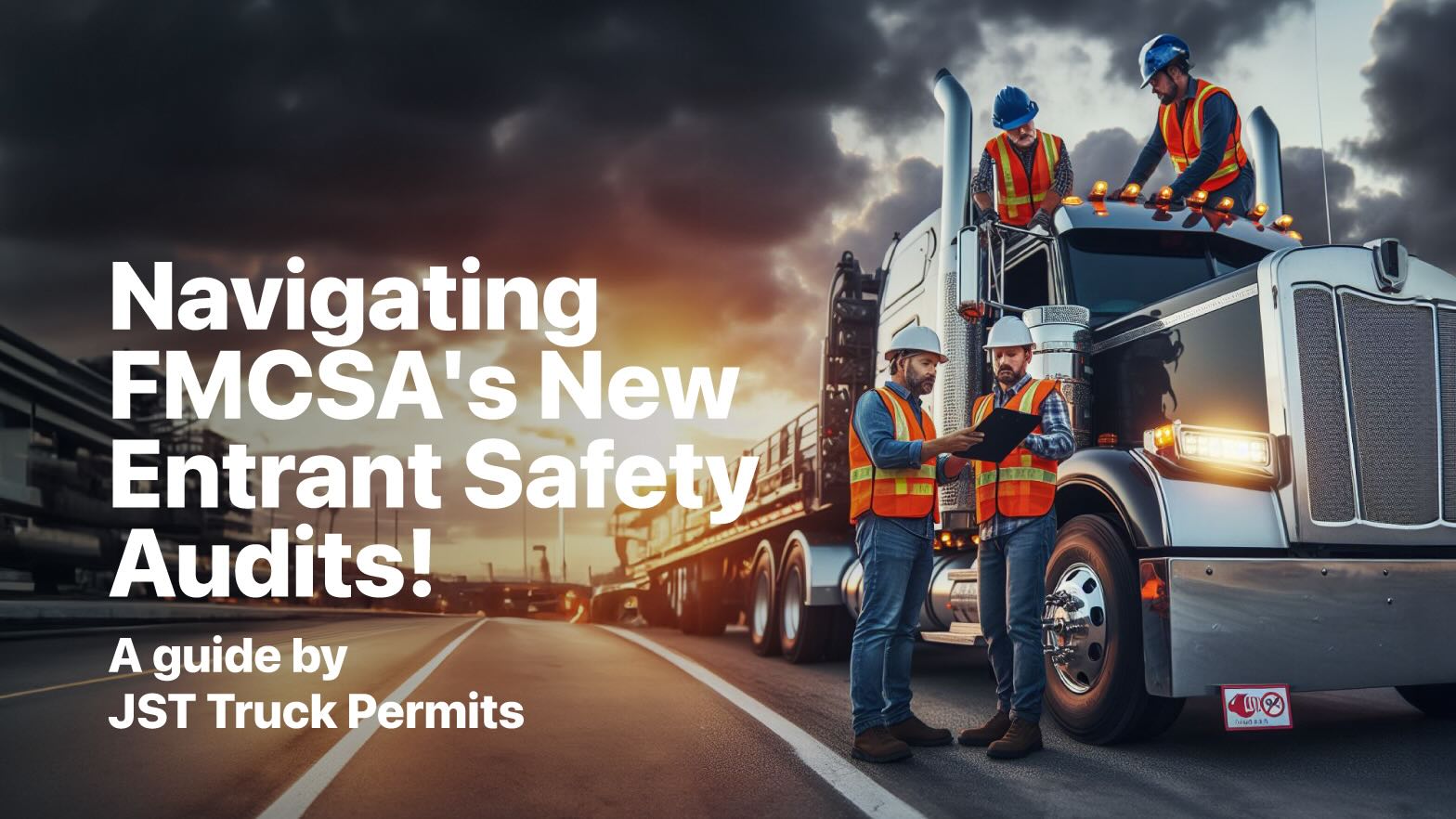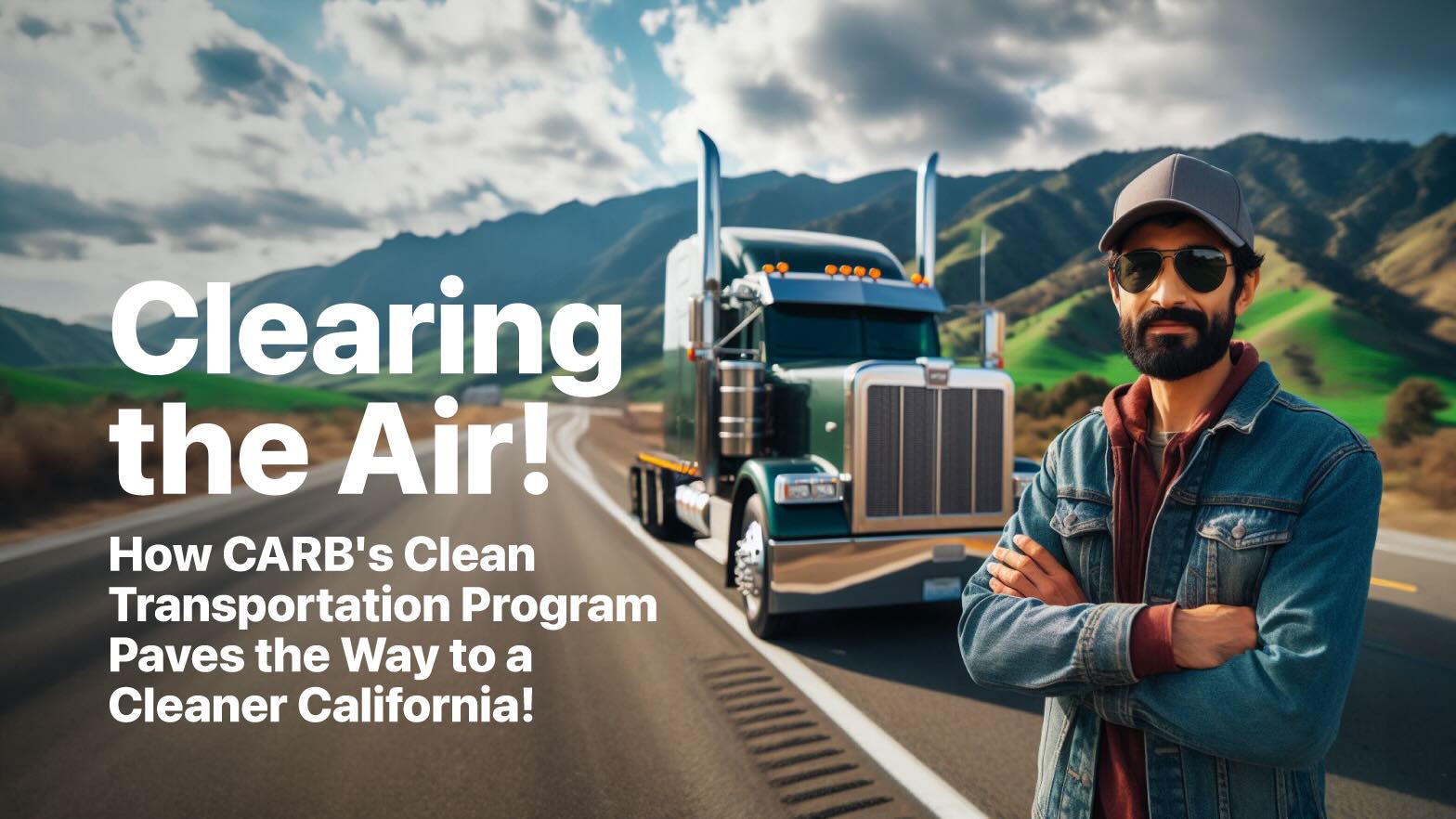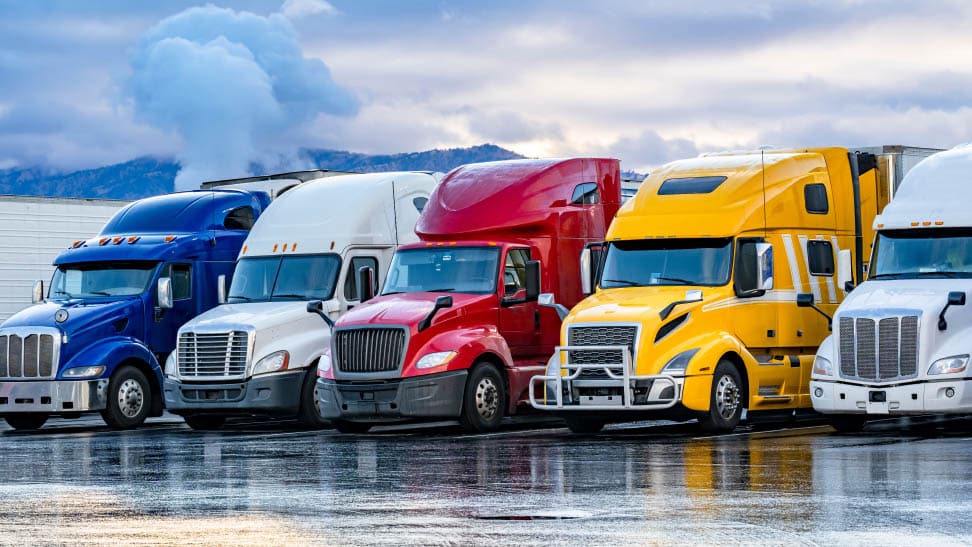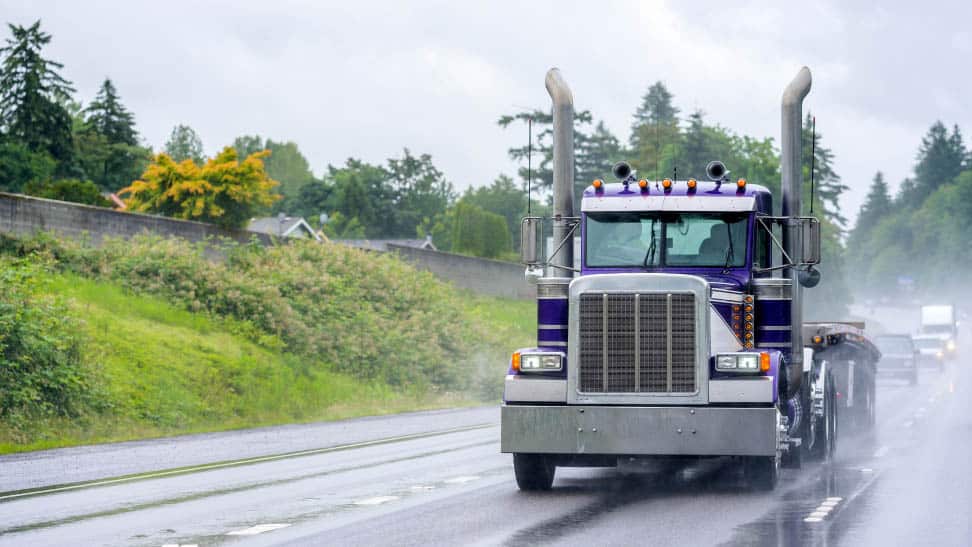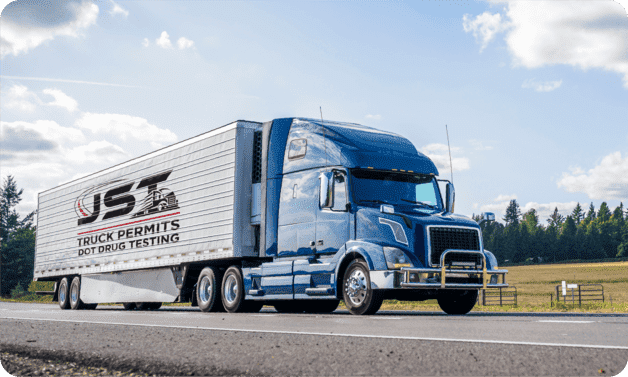How to start your own Trucking Business in the USA!
Complete Checklist: How to Start Your Own Trucking Business in the USA
Starting your own trucking business can be a fulfilling and profitable endeavor, but it requires careful planning and adherence to various legal and regulatory requirements. To help you navigate the process successfully, we’ve compiled a comprehensive checklist covering all the essential steps you need to take to get your trucking business on the road.
1. Obtain Your Commercial Driver’s License (CDL) Class A Commercial Driver’s License (CDL) is a prerequisite for operating combination tractor-trailers, which are commonly used in the trucking industry. You can acquire your CDL through various methods:
a. Attend a Truck Driving School: Many trucking schools offer comprehensive CDL training and testing programs.
b. Company-Sponsored Training: Some companies provide free CDL training and testing in exchange for an employment contract.
c. Study the Training Manuals: The Federal Motor Carrier Safety Administration (FMCSA) and your local state’s licensing office provide free training materials and information to help you prepare for the CDL exam.
Additionally, depending on the type of equipment and cargo you plan to transport, you may need to obtain specific CDL endorsements, such as doubles and triples, tanker, hazmat, or passenger endorsements.
2. State Business Registration and Federal Tax ID To make your trucking business a distinct legal entity, register with the Small Business Administration (SBA) and obtain a Federal
Tax Identification Number (TIN). The registration process and requirements may vary depending on your business’s location and
structure. This step is crucial for establishing your business identity and tax compliance.
3. US DOT and Motor Carrier Authority Number The US Department of Transportation (USDOT) number is a unique identifier used to collect and monitor a company’s safety
information. Applying for a USDOT number is free of charge. Furthermore, if your trucking business will conduct interstate commerce, you must obtain a Motor Carrier (MC) authority number from the FMCSA. This number is essential for operating as a trucking company in the USA, and the application fee is $300. Be prepared for additional fees related to insurance and other requirements during the application process.
4. BOC-3 Form The BOC-3 form designates a process agent in each state where your company operates. This agent will accept legal documents on your behalf in that state. Each state you operate in requires a separate BOC-3 filing. The filing cost typically ranges from $20 to $40.
5. Unified Carrier Registration (UCR) The Unified Carrier Registration (UCR) is a federal registration and fee system for companies and individuals engaged in interstate commerce. The registration fee varies based on your fleet size and ranges from $59 to $56,977. Ensure compliance with UCR
regulations to operate legally.
6. Insurance Insurance is a crucial requirement for various registrations, including the MC authority application. Depending on whether you operate under another company’s authority or have your own MC authority, the average cost for insurance ranges from $3,000 to $12,000 per truck annually. Ensure you have the necessary coverage for auto liability, auto physical damage, cargo, and general
liability.
7. Heavy Highway Vehicle Use Tax (HVUT) Trucks with a gross vehicle weight (GVW) of 55,000 lbs or more are subject to the Federal Heavy Highway Vehicle Use Tax (HVUT). File IRS Form 2290 to remain compliant with HVUT requirements. The maximum cost per vehicle is $550 per year.
8. International Registration Plan (IRP) Tag The International Registration Plan (IRP) allows commercial vehicles to operate in the US and most Canadian provinces with apportioned license plates. The IRP fee varies from state to state, typically ranging from $1,500 to $2,000. Register your vehicles under the IRP to facilitate seamless interstate transportation.
9. International Fuel Tax Agreement (IFTA) Decal The IFTA allows companies to file quarterly fuel use tax returns based on their headquarters’ state. Apply for an IFTA decal through your state’s government website. The decal must be current for each calendar year, and there is no cost for obtaining it.
10. Standard Carrier Alpha Code (SCAC) If your trucking business intends to haul certain loads, such as military, government, international, intermodal, or hazardous materials, you’ll need a Standard Carrier Alpha Code (SCAC). Register and pay a $95 fee at the National Motor Freight Traffic Association’s (NMFTA) website.
Starting your own trucking business and becoming an independent owner-operator is an exciting journey, but it demands careful attention to detail and compliance with various regulations. By following this complete checklist and understanding the essential steps, you can lay a strong foundation for your trucking venture and set yourself up for success as your own boss in the dynamic trucking industry. Remember to stay informed about the ever-changing regulatory landscape and prioritize safety and efficiency to thrive in this competitive field. Good luck on your trucking business journey!
